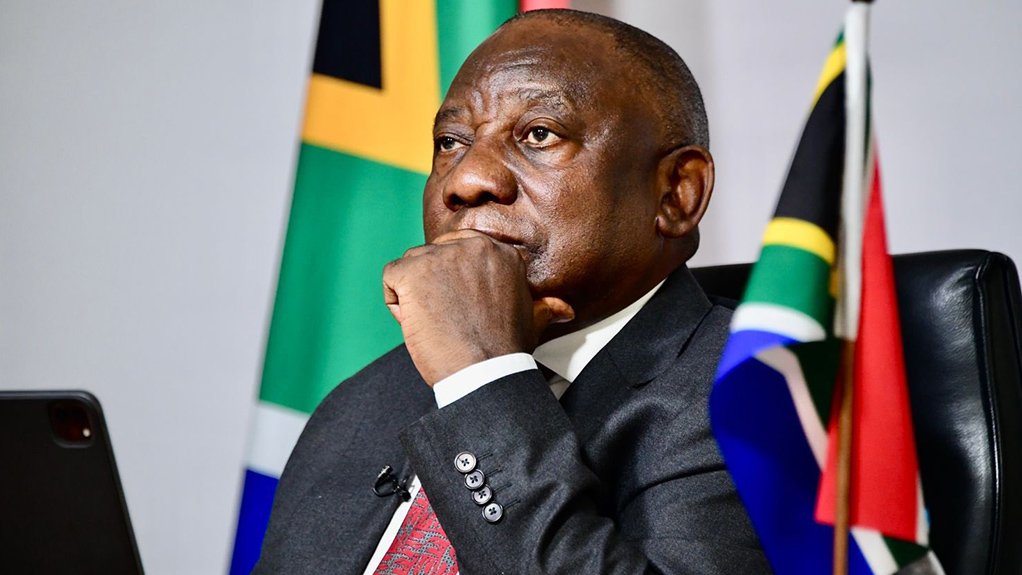President Cyril Ramaphosa on Monday urged the ‘Big Five’ retail companies to make nutritious food more affordable for South African households, saying despite a range of interventions by national and provincial governments, a large portion of South African households are food insecure.
Ramaphosa wrote in his weekly letter to the nation that amid high unemployment and poverty and limited economic growth, many South African households were finding it difficult to afford nutritious food.
He said with the majority of South Africans relying on supermarket retailers for their food supply, the private sector had an important role to play.
Ramaphosa acknowledged the efforts by several retailers to keep prices as low as possible, as well as initiatives to keep daily essentials affordable.
“The Shoprite Group’s R5 products line is an example of this,” he said.
He noted that according to Statistics South Africa data, annual inflation for food and non-alcoholic beverages continued to rise.
Last month, headline consumer inflation hit a 10-month high. Meat and vegetables were more expensive, putting household food budgets under pressure.
Ramaphosa stated that as retailers worked to grow their market share among low-income households, they had a responsibility to ensure this included affordable healthy food choices such as plant and animal proteins, fruits and vegetables.
He said access to nutritious food directly affected the physical health and development of individuals and societies.
Around 15- to 16-million people in South Africa have inadequate or severely inadequate access to food.
He pointed out that the Competition Commission had conducted several inquiries to enforce accountability in the food market.
In February, the Commission facilitated a R1-million settlement with an edible oils producer accused of price fixing.
The Commission also conducted inquiries into bread and milling cartels, into the grocery retail and fresh produce markets, and most recently, into alleged anti-competitive behaviour in the poultry industry.
Ramaphosa said South Africa was among 29 countries where the right to food and water was enshrined in the Constitution, and where citizens had recourse to the legal system to ensure that this right was enforced.
“Our Constitution imposes a duty on the State to take reasonable legislative and other measures, within its available resources, to progressively realise this right.
“Since the advent of democracy in 1994, successive administrations have adopted a multifaceted approach to tackling hunger and food security. This has included legislative and policy reform, nutrition at primary health care level, and programmes that deliver nutrition directly to communities and institutions, such as the school feeding scheme,” he explained.
He said although food retailers themselves were under pressure owing to external factors like rising energy and transportation costs, droughts and global supply chain disruptions, practices such as price-fixing that inflated food prices were directly contributing to food insecurity for households.
He pointed out that the success of all efforts would rely on deeper collaboration between government, business, labour and civil society.
“We need to gain a deeper and honest understanding what is driving food insecurity in our society and the measures that need to be taken to overcome them. The ultimate measure of the success of our democratic dispensation lies in our ability to ensure that no person goes hungry,” he said.
EMAIL THIS ARTICLE SAVE THIS ARTICLE ARTICLE ENQUIRY FEEDBACK
To subscribe email subscriptions@creamermedia.co.za or click here
To advertise email advertising@creamermedia.co.za or click here











